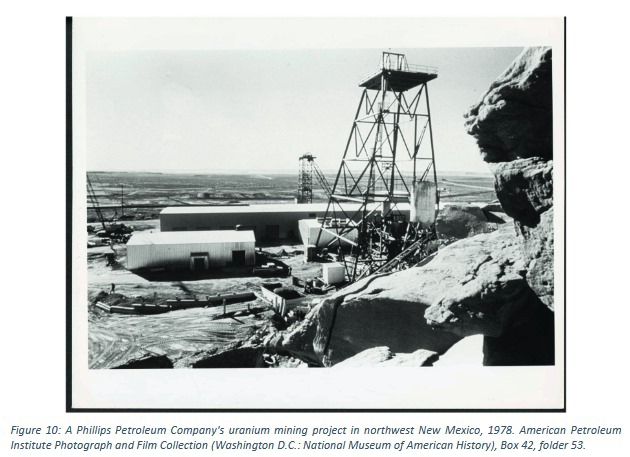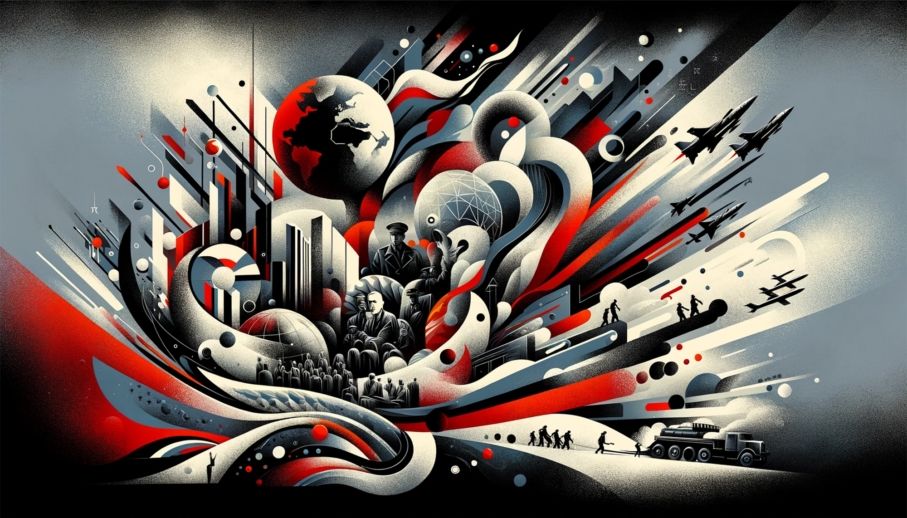
--> uncertainty as one of the factors fostering short-termism.
--> uncertainty as one of the factors fostering short-termism.

Please do share any research you know in this direction!
Please do share any research you know in this direction!
Facing an unpredictable future, governments need to build resilience and redundancies, just to be sure. So administrations will need to work less efficiently
medium.com/3streams/to-...

Facing an unpredictable future, governments need to build resilience and redundancies, just to be sure. So administrations will need to work less efficiently
medium.com/3streams/to-...
tnsr.org/2024/05/conf...

tnsr.org/2024/05/conf...

